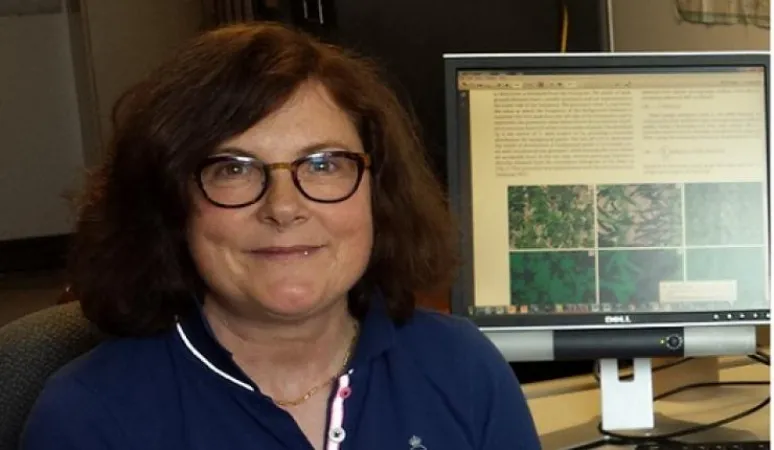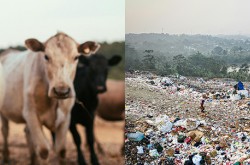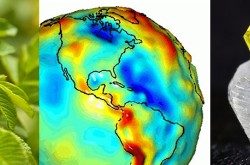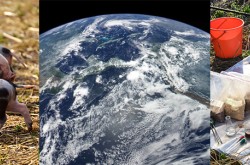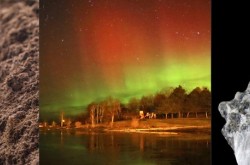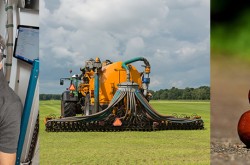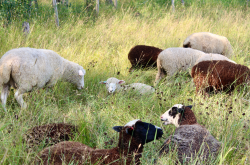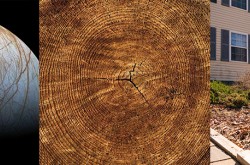Elizabeth Pattey – Agricultural Micrometeorology
This article was originally written and submitted as part of a Canada 150 Project, the Innovation Storybook, to crowdsource stories of Canadian innovation with partners across Canada. The content has since been migrated to Ingenium’s Channel, a digital hub featuring curated content related to science, technology and innovation.
Elizabeth Pattey, Ph.D., leads the micrometeorology laboratory at Agriculture and Agri-Food Canada’s (AAFC) Ottawa Research and Development Centre. She specializes in trace gas flux measurement techniques, process-based models verifications, and remote-sensing applications. Her research supports nation-wide improvement in the environmental performance of agriculture, in support of the united Nation’s Framework Convention on Climate Change and Canada’s Clean Air Act.
Dr. Pattey has lead several major remote sensing initiatives, including the first project funded by the Canadian Space Agency at AAFC. She has represented AAFC at the Interdepartmental Committee on Space and the Canadian Embassy Science and Technology advisors, and to numerous other organizations.
Her current research focuses on developing and improving trace gas flux measurement techniques to quantify greenhouse gas emissions (particularly nitrogen dioxide, methane and carbon dioxide) and other airborne contaminants, such as ammonia and particulate matter. She did pioneer work on the relaxed eddy accumulation technique to measure trace gas fluxes. She has contributed to international efforts for verifying process-based models for greenhouse gas emissions and ammonia volatilization from agricultural sources, and for developing biophysical descriptors using remote sensing data to be assimilated in soil and crop growth models.



